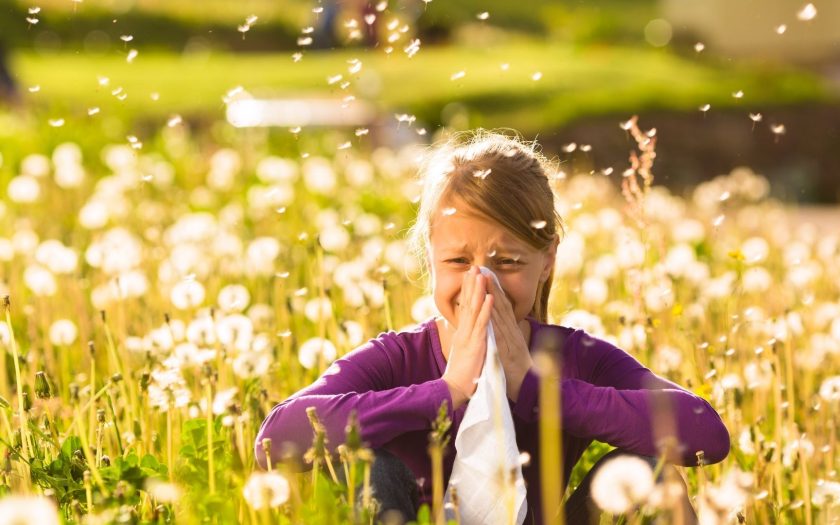-
Regular alcohol consumption.
This is one of the most frequent mistakes, as many people believe that alcoholic beverages help them relax and reduce unpleasant symptoms. In reality, alcohol can dilate blood vessels, which leads to increased swelling and inflammation in the respiratory tract, raising the risk of runny nose, sneezing, coughing, and nasal congestion. Moreover, alcoholic drinks can cause dehydration, making the mucous membranes dry and more vulnerable to allergens. Therefore, during seasonal allergies, it’s best to limit alcohol intake and instead focus on maintaining proper hydration and a healthy lifestyle.
-
Being in a constant state of stress.
When the body is under stress, the immune system becomes more vulnerable, which can intensify allergy symptoms. Stress triggers the release of hormones that alter how the body reacts to allergens, often making symptoms such as itching, nasal congestion, watery eyes, or sneezing even worse. In addition, stress may reduce the effectiveness of medications used to control allergy symptoms. For example, worrying about high pollen levels can actually make the symptoms worse. Constant anxiety increases the release of histamine—a substance that activates allergic reactions. That’s why it’s crucial to learn how to manage stress during allergy season by practicing relaxation techniques or deep breathing to help your body cope more effectively. Also, it is necessary to remember to take appropriate medications (for example Ebast, Allegra) and sprays (for example Budenase AQ Nasal Spray, Alanase Nasal Spray) that will be effective and safe for your health.
-
Avoiding physical activity.
Many people believe that exercising may worsen allergy symptoms—especially with seasonal allergens—but that’s not entirely true. Regular physical activity can actually strengthen the immune system, improve overall well-being, and even reduce stress levels, which may help ease allergic symptoms. Of course, if you’re allergic to pollen, it’s important to choose the right time for outdoor workouts, such as after rain or early in the morning when pollen levels are lower. Indoor exercise or working out at specially equipped facilities can also help avoid exposure to outdoor allergens. The key is to choose the right type of physical activity and follow protective measures, like taking antihistamines prescribed by your doctor. Giving up exercise is not a solution—movement and activity have a positive impact on your overall health.
-
Spending too much time in front of a phone or computer.
One of the less obvious but very common mistakes during seasonal allergies is excessive screen time spent on phones or computers. Watching a TV series or endlessly scrolling through social media may seem like a harmless way to distract yourself from unpleasant symptoms. However, in reality, this habit can actually worsen how you feel. During allergy season, your eyes are already prone to irritation, redness, and tearing due to allergens. Adding the strain of screen exposure only intensifies these symptoms—your eyes tire more quickly, you may experience burning sensations, and sometimes even temporary vision issues. For example, someone working from home who doesn’t take regular breaks from their laptop might experience significant eye discomfort and headaches by midday, even after taking antihistamines. Additionally, prolonged use of gadgets usually means less physical activity and staying indoors in poorly ventilated rooms—conditions that can lead to the buildup of dust and allergens in the air. Instead of endless scrolling, consider taking a short walk in fresh air during safer times of day (like after rain or in the evening), reading a paper book, or doing some light exercise. These activities not only reduce eye strain but also improve overall well-being and focus—both important for coping with allergy symptoms.

